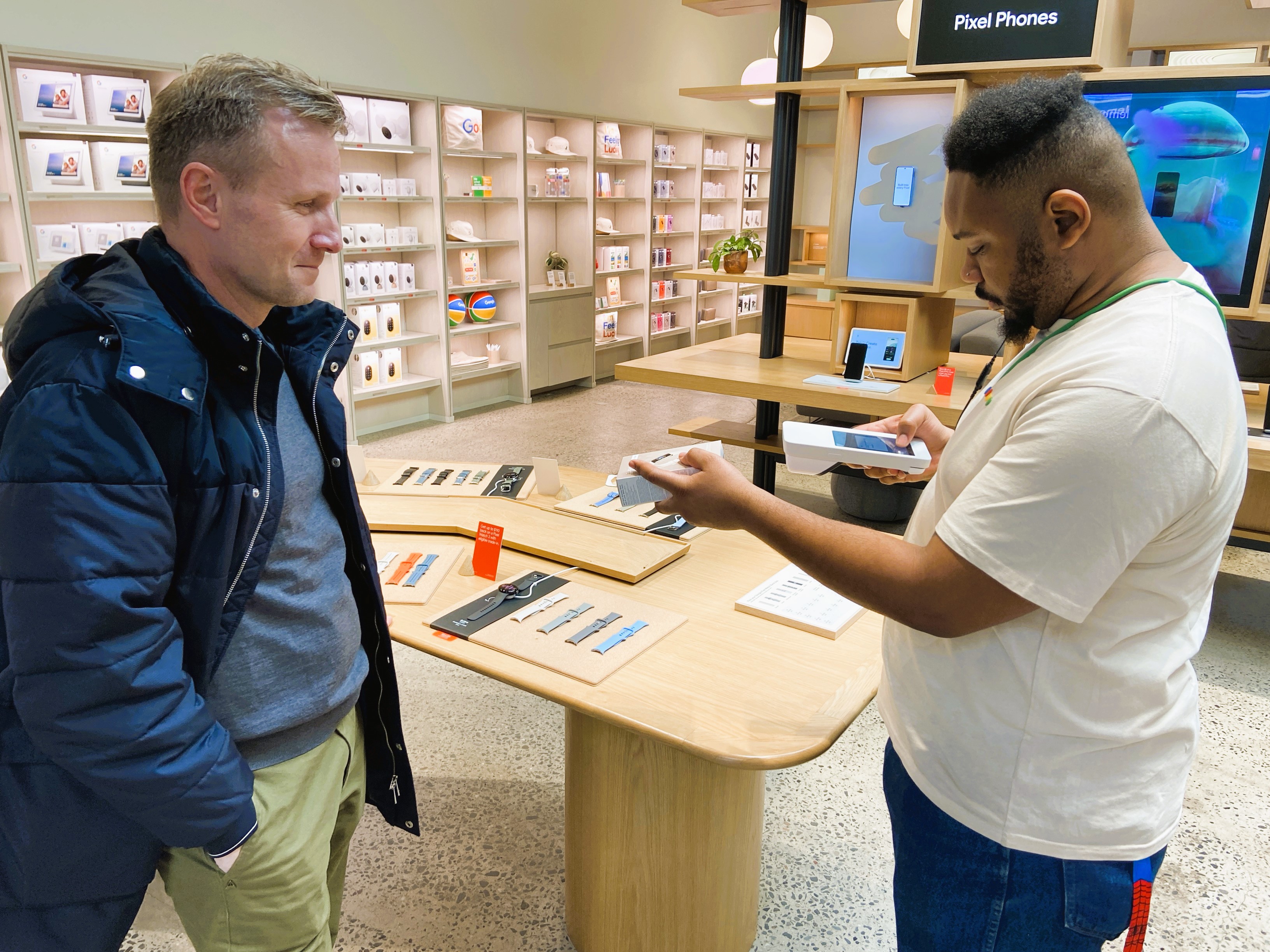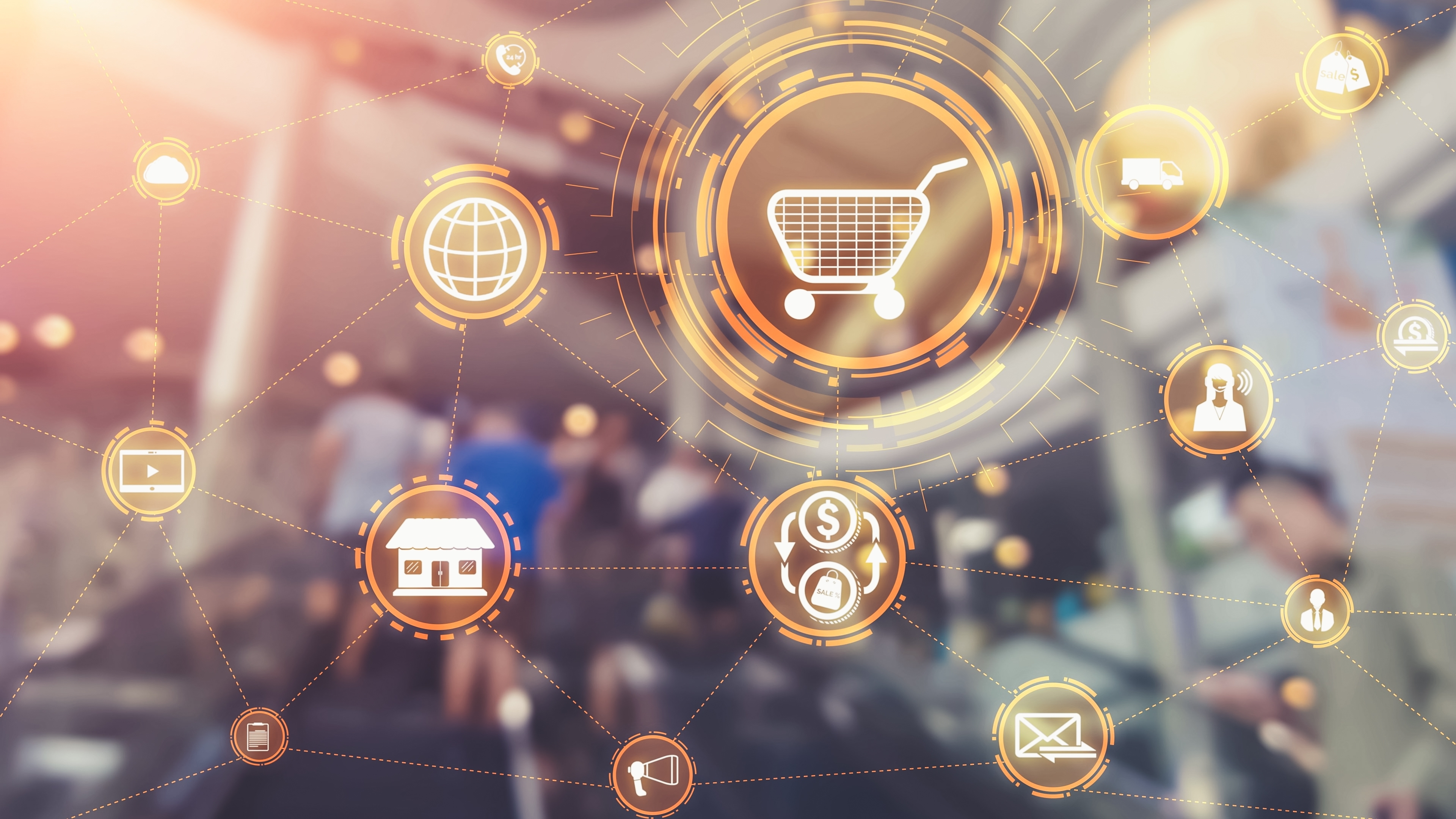Get a broader perspective
It can seem difficult to venture into investing in and implementing a new POS solution. For that reason, it is a good idea to start the process by making clear what your expectations towards your POS solution are, how big your budget is and how many internal resources you can dedicate to the project. If you are on top of things, you will have all the makings to get the best solution suitable for your needs at a matching price.
Start small – and add on
Locate a few possibilities, preferably areas which you don’t have to invest in the complete solution from day 1, but instead start small and get exactly what you need here and now. Thereafter, you can make subsequently purchase modules continuously and add on to your solution as needed. We have compiled a list of other things that may affect the price:
1. Industry
Depending on which industry you belong to, you may need different peripheral equipment in your POS solution, which affects the price. A clothes store needs e.g. handheld scanners, a supermarket needs weight, while a restaurant needs kitchen displays.
2. Functions
How many and which functions do you need? Perhaps you need one simple and effective solution without too many functions that you won’t use anyway. Or perhaps you need a bigger and more advanced solution, which paves the way for many exciting opportunities for your business.
3. Support and service
Are you a part of a small or big organization with its own IT department, which can intervene when problems arise? Or are your employees 100% dedicated to attend to the customers in the stores? And do you need to be able to get into contact with the support department 24/7? Everything influences how extensive your support and service agreement should be. Some companies offer different packages for various needs, which often become more expensive, the more service you have available.
4. Special adjustments
Sometimes the standard solution and functions may not be quite enough, and so an option may be to pay extra to get a solution that fit exactly your business and your needs.
5. Settlement of systems
Several methods of payment for your POS solution exist, which may also affect the overall price. Perhaps you’ll be able to pay for the current usage, a fixed price per year or something completely different.
6. Hardware
Usually you’ll have the opportunity of buying or renting new hardware with your POS software, so you will get a completely new solution. Maybe there’s nothing wrong with your current hardware and it can easily be reused together with new software, which in the end will affect the overall price.
7. Supplier of payment cards
It is essential that the customers can pay in your stores and on a possible web shop. For that you’ll need a combination of a supplier of payment cards, an acquirer and a bank. The price of this will vary according to i.a. the combination of business partners and solutions as well as which payment cards you want your customers to be able to pay by.
If you take all of these things into account and lay the groundwork, you’ll be on your way to avoid any financial surprises when acquiring a new POS solution. But also remember to plan a few years ahead before investing in a new POS solution. Which ambitions and dreams do you have for your business? And what is happening on the technological front? Regardless of what you’ll end up paying for your POS solution, it will be aggravating if you’ll have to invest in yet another new solution after 3 years because the first one is outdated by then.



